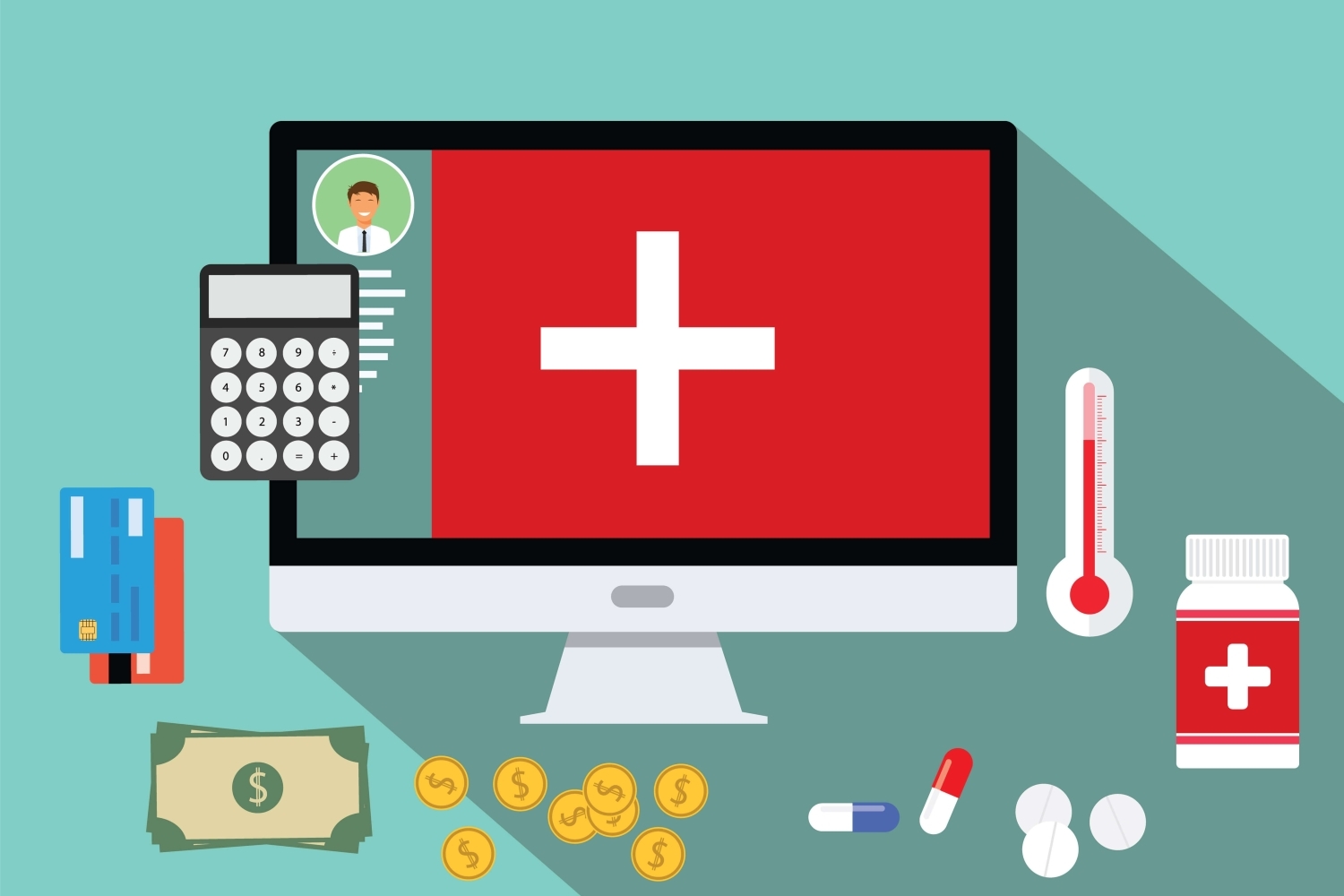How to Make the Most Out of Your FSA at Year-End

As 2017 comes to a close, it’s time to act on the money sitting in your Flexible Spending/Savings Account (FSA). Unlike a Health Savings Account or HSA, pre-taxed funds contributed to an FSA are lost at the end of the year if an employee doesn’t use them, and an employer doesn’t adopt a carryover policy. It’s to your advantage to review the various ways you can make the most out of your FSA by year-end.
Book Those Appointments
One of the first things you should do is get those remaining appointments booked for the year. Most medical/dental/vision facilities book out a couple of months in advance, so it’s key to get in now to use up those funds.
Look for FSA-Approved Everyday Health Care Products
Many drugstores will often advertise FSA-approved products in their pharmacy area, within a flyer, or on their website. These products are usually tagged as “FSA approved”. Many of these products include items that monitor health and wellness – like blood pressure and diabetic monitors – to everyday healthcare products like children’s OTC meds, bandages, contact solution, and certain personal care items. If you need to use the funds up before the end of the year, it’s time to take a trip to your local drugstore and stock up on these items.
Know What’s Considered FSA-Eligible
Over the last several years, the IRS has loosened the guidelines on what is considered eligible under a FSA as more people became concerned about losing the money they put into these plans. There are many items that are considered FSA-eligible as long as a prescription or a doctor’s note is provided or kept on file. Here are a few to consider:
- Acupuncture. Those who suffer from chronic neck or back pain, infertility, depression/anxiety, migraines or any other chronic illness or condition, Eastern medicine may be the way to go. Not only are treatments relatively inexpensive, but this 3,000 year old practice is recognized by the U.S. National Institute of Health and is an eligible FSA expense.
- Dental/Vision Procedures. Dental treatment can be expensive—think orthodontia and implants. While many employers may offer some coverage, it’s a given there will be out-of-pocket costs you’ll incur. And, eye care plans won’t cover the cost of LASIK, but your FSA will. So, if you’ve been wanting to correct your vision without the aid of glasses or contacts, or your needing to get that child braces, using those FSA funds is the way to go.
- Health-boosting Supplements. While you cannot just walk into any health shop and pick up performance-enhancing powder or supplements and pay with your FSA card, your doctor may approve certain supplements and alternative options if they deem it to benefit your health and well-being. A signed doctor’s note will make these an FSA-eligible expense.
- Smoking-cessation and Weight-Loss Programs. If your doctor approves you for one of these programs with a doctor’s note deeming it’s medically necessary to maintain your health, certain program costs can be reimbursed under an FSA.
Talk to Your HR Department
When the IRS loosened guidelines a few years ago, they also made it possible for participants to carry over $500 to the next year. Ask Human Resources if your employer offers this, or if they provide a grace period (March 15 of the following year) to turn in receipts and use up funds. Employers can only adopt one of these two policies though.
Plan for the Coming Year
Analyze the out-of-pocket expenses you incurred this year and make the necessary adjustments to allocate what you believe you’ll need for the coming year. Take advantage of the slightly higher contribution limit for 2018. If your company offers a FSA that covers dependent care, familiarize yourself with those eligible expenses and research whether it would be to your advantage to contribute to as well.
Flexible Spending/Saving Accounts can be a great employee benefit offering tax advantages for employees that have a high-deductible plan or use a lot of medical. As a participant, using the strategies listed above will help you make the most out of your FSA.

 Prev
Prev

